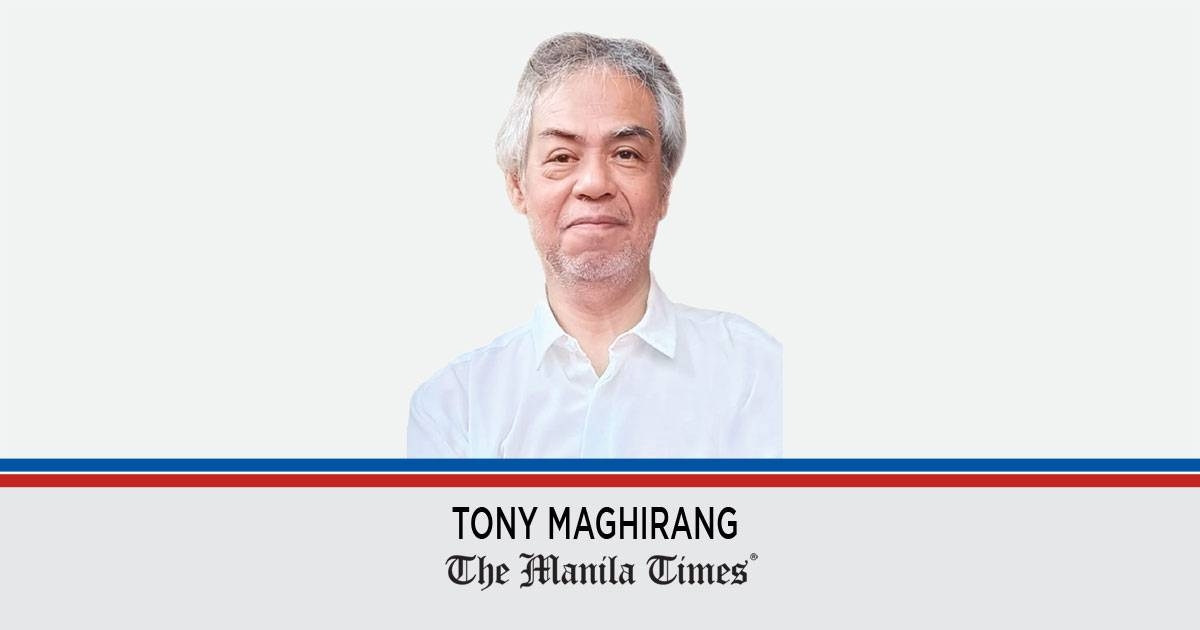PLASTIC Bank is a social fintech with a global plastic bottle deposit program that helps end poverty and stop plastic pollution. Every bottle collected prevents plastic waste from polluting the oceans and land, protecting ecosystems and wildlife.
Plastic Bank was founded in 2013 by David Katz and Shaun Frankson, with the vision of turning plastic waste into a form of currency to help lift underserved communities out of poverty.
The organization began its operations in Haiti in 2013, then expanded to the Philippines in 2016, followed by Indonesia in 2018 and Brazil in 2019. In 2020, Plastic Bank reached Egypt — its first expansion into the Middle East. As of April 2025, the bank’s 57,000-plus collection members in six countries have collected over 160,000,000 kilograms of plastic, equivalent to over 8 billion plastic water bottles.
In a casual conversation with the technology press in Manila, David Katz revealed how Plastic Bank is a unique fintech and how it is bringing a new sense of dignity to the lives of the poor.
The vision
Katz: “The origin of the work we’re doing around the world actually emanated from an experience I had at the very, very top of Ocean Park in Manila Bay where I was able to look through the clear waters, full of floating debris. I could see the absolute devastation at the bottom. We learned later that the majority of what was under the ocean originated from areas of poverty.
“And that it wasn’t even plastic, but the degradation of the human that we needed to solve. It was poverty. So, at the core of what we do is understanding that the plastic itself is not a problem. It’s how we are managing the plastic. How does it impact people? Why does plastic first get thrown away? It’s because of poverty.
“Hence, Plastic Bank exists at the intersection of these two problems: plastic pollution and poverty.”
Operations
“We refer to the waste collectors as collection members — a dignified occupation, right? We teach them how to segregate the plastic, how to clean it, how to collect it in a way that increases the market value of the plastic that they collect.
“And then they come and deposit it in our Plastic Bank branches located in communities all over the Philippines and in the other countries where we operate. Then from one collection point, it moves to a bigger aggregator location where it’s all transformed into new consumer products.
“So, we trace that material all the way from the first collection member who deposited it at a Plastic Bank branch, all the way to the processor and the recycler who is able to then process the material into flakes, pellets, and return it back to the global supply chain — as new products, as packaging for new products used by consumers globally.
“Think of Plastic Bank as a global chain of stores — metaphorically — for the poor, where every bottle can be brought in, every piece of plastic material can be returned.”
Technology
“We have a blockchain-based platform. So, every material that is returned by every single collection member all over the world — we are able to trace the origin. Who deposited which type of material, where, what time, in what quantity.
“We have our own Plastic Bank app where we are able to record how much plastic the collectors are getting, which means it translates to their income, which could later become a credit score. And also, at the end of the day, I think what we are trying to do now is also extend zero-interest loans, which means our members have an income already.”
Social change
“Apart from compensation at above-market value, our collection members have benefits like school tuition, health insurance, and nutritious food. Also, with the incentives, the member gains an identity. He’s no longer ostracized, relegated to being just a waste picker. Instead, he becomes part of the community and the population.
“Now, our members are generally unbanked individuals with GCash accounts. In that sense, it’s how Plastic Bank is bringing in financial inclusion to everybody. Our ultimate objective is that we consider plastic material as a resource rather than as waste, and use it as a path toward greater financial stability and access to social benefits as well.
Environmental impact
Essentially, every bottle collected prevents plastic waste from polluting our oceans and land, protecting ecosystems and wildlife.
As Plastic Bank, we believe that every time they walk into a store, consumers are making a choice. They are voting with their wallet, right? That demand is pushing organizations like Plastic Bank’s aggregators to develop products that are eco-friendly and sustainable — products made of recycled materials that are doing good for the environment, that are helping people in poverty, and so on.
